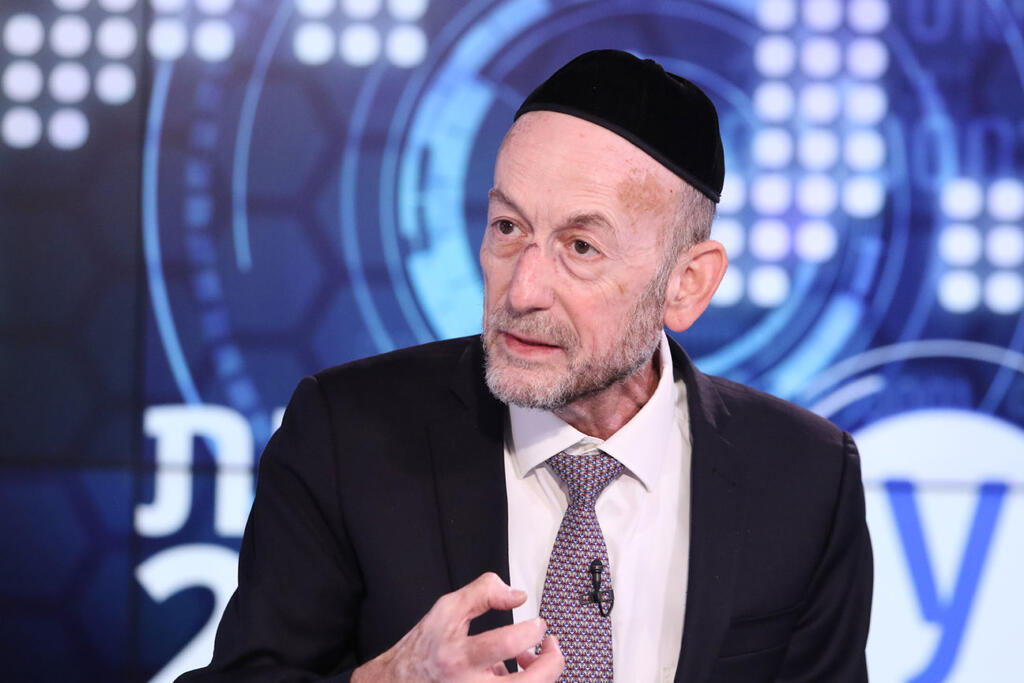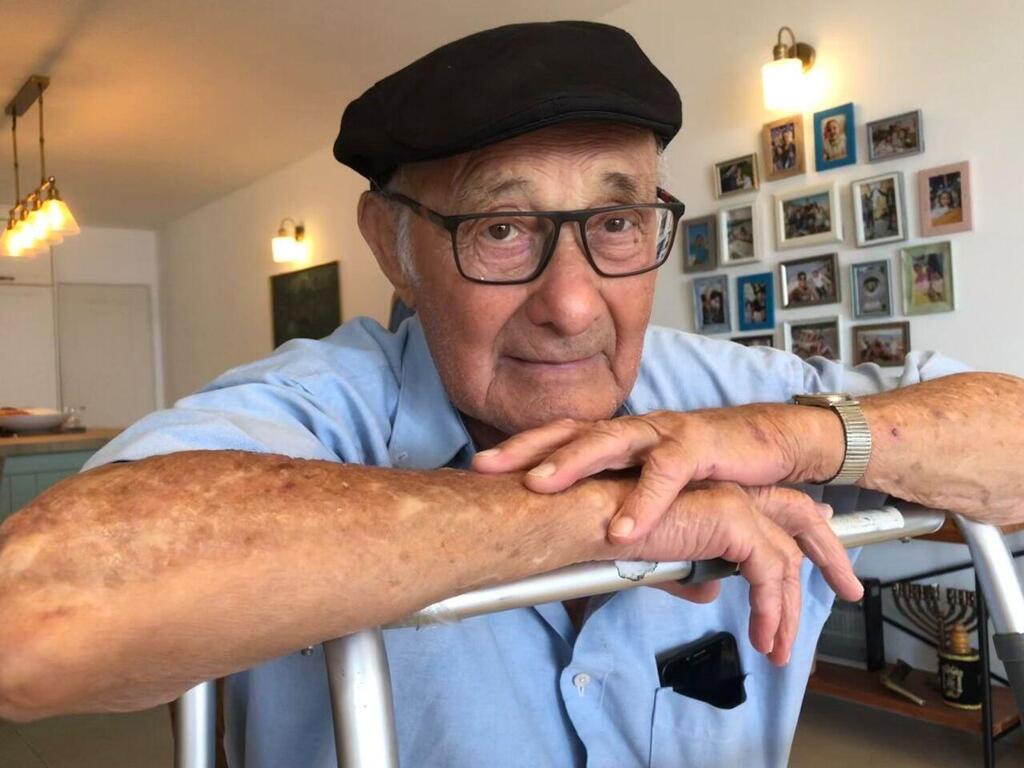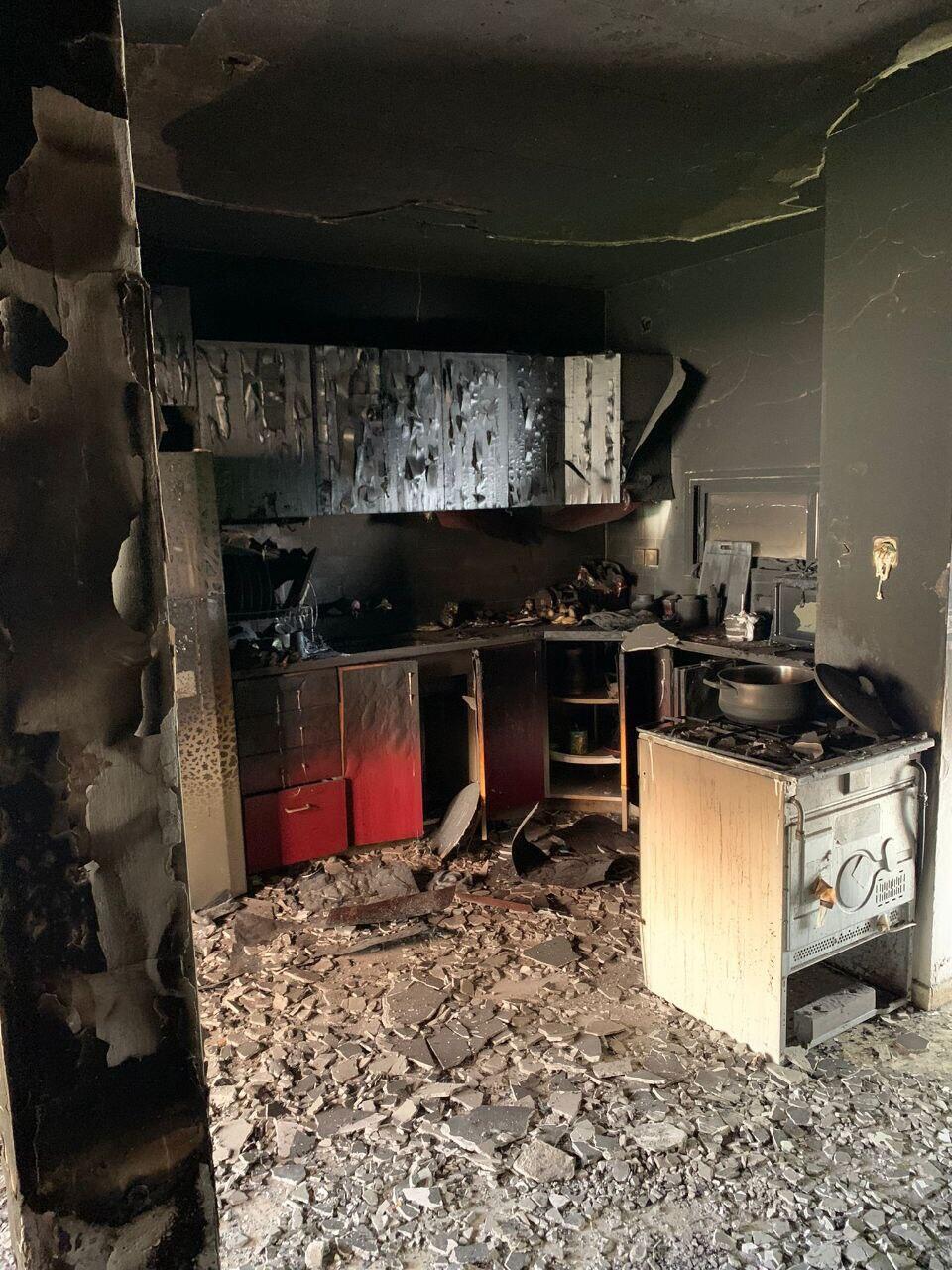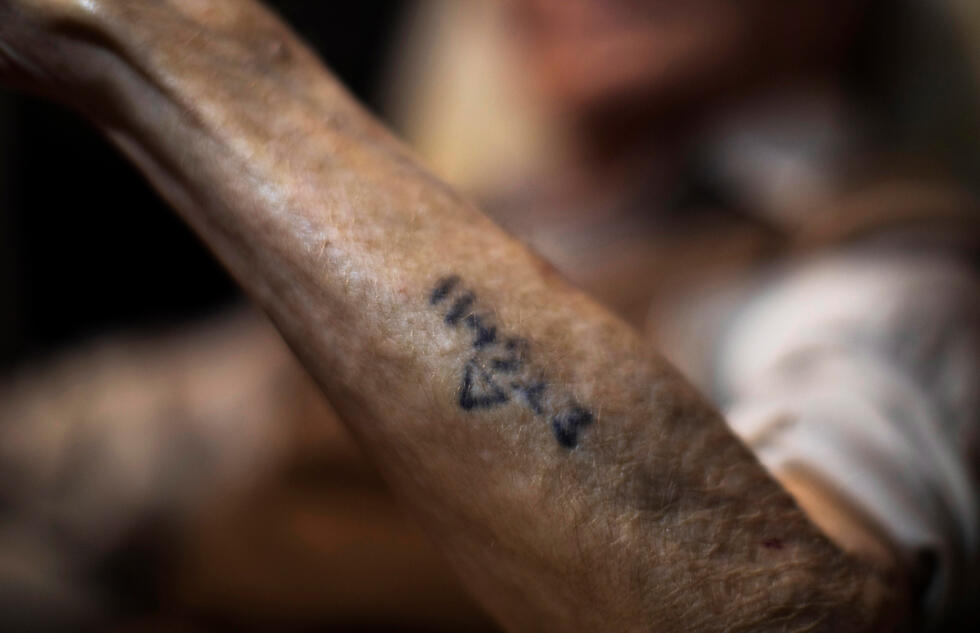Ahead of International Holocaust Remembrance Day on January 27, the Holocaust Survivors' Rights Authority reports that there are currently 137,401 Holocaust survivors and victims of antisemitic harassment during the Holocaust living in Israel and that in the aftermath of the October 7 massacre, the organization said that the atrocities committed by Hamas terrorists "revived many past traumas of the Holocaust survivors. Many of them re-experienced anxiety and fear and a feeling of no personal security, even when they were not directly exposed to the events."
Read more:
Many Holocaust survivors found themselves again in the cycle of disaster and grief when they lost children or grandchildren who were murdered or kidnapped to Gaza, or soldiers who fell in battles. Among so many victims, 92-year-old Holocaust survivor Moshe Ridler was brutally murdered along with his therapist, in his home in Kibbutz Holit. Ridler survived the Holocaust in Romania as a child, without family, and a few years before the massacre he moved to live with his family in Holit.
On the eve of the war against Hamas in Gaza, the number of Holocaust survivors living in the Gaza border towns was 554, as well as 315 victims of antisemitic harassment. The number of Holocaust survivors living in the north was 606 survivors and 512 victims of antisemitic harassment. After the outbreak of the war on October 7, 93 Holocaust survivors chose to remain in the vicinity of the Gaza border, often without their family's support and essential supplies, while their family members were evacuated to hotels. In total, 1,894 survivors became evacuees.
Some 190 of the survivors living near the Gaza border were evacuated to hotels throughout the country, and only some with their family members. The rest of the survivors went to stay with relatives throughout the country. Many of the survivors testified about experiencing loneliness and detachment, even when they were with a relative. The Holocaust Survivors' Rights Authority reports that "the situation of the survivors who were torn from their homes in the Gaza border towns is significantly difficult, as they are often without their nursing care providers, due to their evacuation to hotels or their relatives' homes."
The average age of all Holocaust survivors is currently 86, the oldest of whom is a 111-year-old born in Tunisia, and the youngest is 77, born in 1946. Some 436 of the survivors celebrated their 100th birthday last year; 32,164 survivors passed the age of 90, and 1,225 survivors crossed the age of 100. Approximately 62% of all Holocaust survivors in Israel are women (59,642). There are 193 disabled survivors from the war against the Nazis with us today and their average age is 98.
About 36,663 of the Holocaust survivors were born in Europe, of which 14,425 were born in Romania, which constitutes the largest group among the survivors (39%). About 6,880 were born in Poland (18%), 3,714 were born in Bulgaria (10%), 1,876 were born in Hungary (5.1%), 5,772 were born in the former Soviet Union (15.7%), and 1,754 were born in Germany (4.7%). Another 3,253 are Tunisian veterans who lived under Nazi occupation, and many of them were sent to forced labor camps, as well as 3,496 Libyan veterans, some of whom were sent to forced labor camps as well. Many fled due to fear.
The deputy minister in charge of Holocaust survivors in the Prime Minister's Office, Uri Maklev, commented on the data: "Since the beginning of the war, we have seen the multitude of inspiration from the survivors as they stand for unity in Israel with great intensity. We stand by the survivors in the various aspects in which the Holocaust Survivors' Rights Authority operates and accompany them to give a broader and stronger support system mainly at this time. This is our duty. We will continue to work for the survivors as much as possible."
The director of the Holocaust Survivors' Rights Authority, Ronit Rozin, added that "the population of survivors in Israel is decreasing year by year, and we at the authority mainly care for those who experienced the horrors of the Holocaust as children and teenagers, those whose childhood was filled with terror, pain and loss, who immigrated to Israel and founded the State of Israel and in recent months, in their old age, are forced to experience these difficult feelings again," she said.
4 View gallery


Deputy Minister Uri Maklev, in charge of Holocaust survivors' well-being
(Photo: Avi Mualem)
"We see it as our duty in the Holocaust Survivors' Rights Authority during these years to cater to the needs of the Holocaust survivors in their old age, to take care of their well-being, their quality of life and their health, to ensure that they receive everything they deserve to their doorstep, and that they are not alone. We are working out of a sense of urgency to take care of them, on a daily basis and even more so in the last few months," Rozin added.





